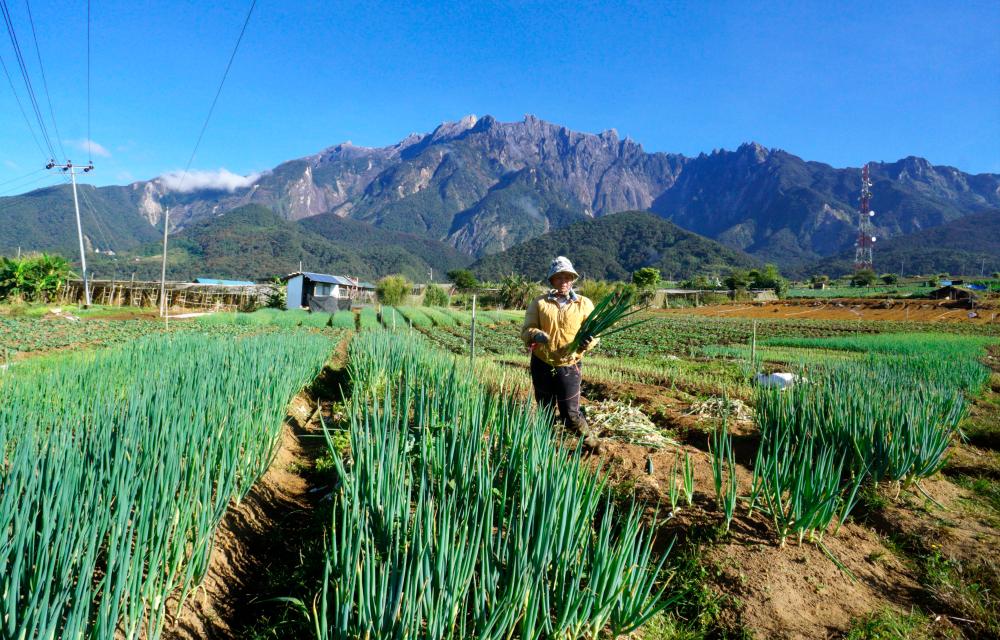LOCAL vegetable farmers are struggling with a potential 40% drop in supply next month, primarily due to a shortage of foreign labourers.
According to the South China Morning Post, this issue is primarily triggered by the departure of Muslim foreign workers from Bangladesh, Indonesia and Nepal back to their countries during Ramadan.
These workers formed the backbone of the industry as locals generally avoid the physically demanding and less lucrative farm jobs.
This subsequently leads to a heavy reliance on foreign labour for essential sectors or the 3D (dirty, dangerous, and difficult) like construction, manufacturing and agriculture.
The labour shortage comes at a critical time when farms, already facing reluctance from most locals to take up agricultural jobs, need workers the most.
ALSO READ: Solving control of vegetable supply chain by foreigners need comprehensive solutions - Saifuddin
The government is trying to address this by reducing the number of foreign workers and encouraging Malaysians to fill these positions, aiming to boost domestic employment and reduce the country’s subsidy bill.
The immediate challenge lies in the anticipated drop in vegetable production due to the seasonal departure of foreign workers for Ramadan, further compounded by the government’s decision to restrict migrant labour influx.
To make matters worse, this annual departure coincides with the move to limit foreign labour hiring by May 31, the year’s lowest employment period.
Malaysian Federation of Vegetable Farmers Association president, Lim Ser Kwee told the Hong Kong-based publication the preference for factory jobs over farm work, even among foreign workers, worsen the labour shortage.
“All our farms use foreign workers. Locals don’t want the jobs and now even foreign workers are picky as most prefer working in factories over the hard work at farms,“ he was quoted as saying.
Lim said that farms in Cameron Highlands, which is the primary vegetable-producing region, usually dispatch around 500 to 600 tonnes of fresh vegetables each day.
But with fewer workers available comes a risk where farms would not be able to harvest everything promptly and potentially resulting in wastage as vegetables failing to meet the market requirements are discarded.
ALSO READ: No plans to impose ceiling prices on vegetables - Fuziah
In turn, it threatens the output reduction by 40% in the coming harvest cycle, potentially leading to higher prices for vegetables, namely spinach and bok choy, which are mostly produced locally due to their short shelf life.
Many grocers dismiss the expected rise in farm gate costs along the supply chain, citing the predictable shortage of workers during the fasting month.
Local hypermarket chain Mydin’s managing director, Datuk Ameer Ali Mydin, empathises with farmers facing challenges like floods and unpredictable weather but argues against using them as reasons to hike prices.
Combined with the migrant workforce limit, set against the spike of a job scam crisis among Bangladeshi nationals and efforts to recalibrate foreign labour policies, it only worsens the agricultural sector.
This limit arrives at a moment when the country’s food import bill is skyrocketing.
Last year, the food imports totaled RM78.8 billion, almost twice the value of exports, according to a March 18 report by Bank Muamalat on food security.
The country also grapples with economic pressures, including a depreciating currency that intensifies food inflation as the recent plunge of the ringgit to a 26-year low.
ALSO READ: Supply shortages, high demand driving up tomato prices - KPDN









